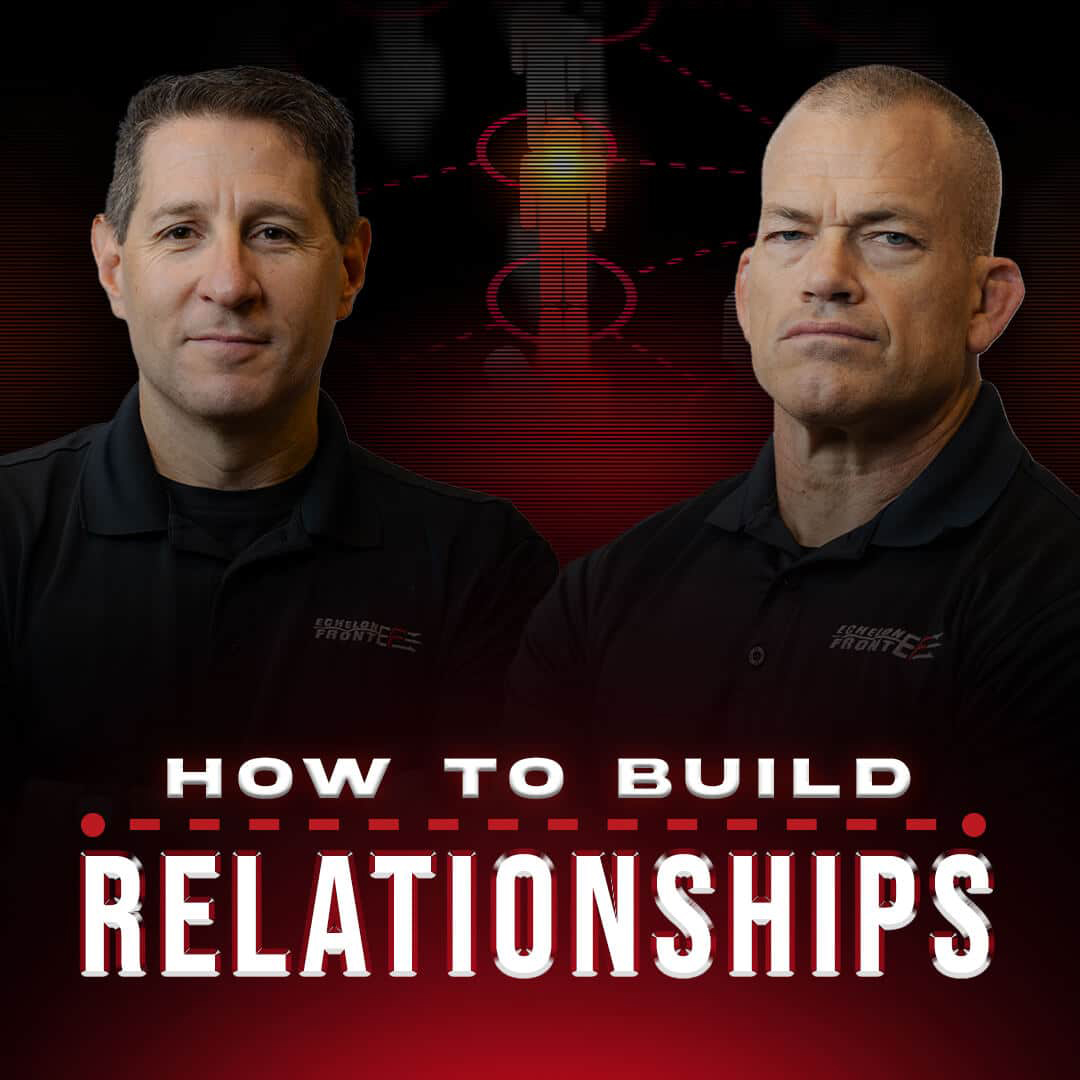Building Relationships is Crucial for Leaders.
At Echelon Front, we believe that one of the most important skills a leader should learn is how to cultivate relationships. But what exactly does that mean? In this article, we will dive into the cultivate relationships definition and explain why it’s such a crucial skill for leaders to develop.
To define cultivate relationships, let’s break it down into two parts. First, “cultivate” means to foster or develop. When we talk about cultivating relationships, we mean putting in the effort to develop and maintain strong connections with others. This can involve actively seeking out opportunities to build relationships, such as attending networking events or reaching out to new contacts. While taking on these opportunities, put in the effort to learn and retain information about those you’re trying to build relationships with. What are their likes and dislikes? Their strengths and weaknesses? Get personal too – what are their children’s names and what do they enjoy doing?
And don’t forget to put effort into performing for these individuals too. It’s vital that you hold up your part of the relationship. So, meet your deadlines and follow up on requests others make of you. Update them on the progress you’ve made with the things they’ve committed you to do. And actively look for ways to support them.
The second part of the term, “relationships,” refers to the connections we have with other people. This can include personal relationships – such as with friends and family members – as well as professional relationships like those we may have with superiors, colleagues, subordinates, and clients.
Putting both terms together, the cultivate relationships definition means intentionally putting in the effort to develop and maintain strong connections with others in both our personal and professional lives.
Why It’s Important for Leaders to Cultivate Relationships
So, why is cultivating relationships such an important skill for leaders? There are several reasons. First, strong relationships can help build trust and influence When we have strong connections with others, they’re more likely to trust us, be influenced by us, and support us in our goals.
Second, strong relationships can lead to better communication. When we have good relationships, we better understand how to communicate with those people in a way that is most effective for them. This opens up the lines of communication. When we have open lines of communication with others, we can more easily share ideas, give feedback, and work collaboratively towards common goals. This is especially important in a leadership context where effective communication is crucial for leading teams and organizations.
Third, strong relationships can provide valuable support and resources. When we have a strong network of contacts, we have access to a wealth of knowledge, skills, and resources that allow us to help the team achieve its goals. Whether it’s securing funding for a project, getting crucial support on a project with an urgent deadline, or simply getting advice and support, having strong relationships can make all the difference.
Cultivating Relationships Definition and Meaning
To further define cultivating relationships, it’s important to know that cultivating relationships is not a one-time task or a one-way street. Rather, it requires ongoing effort and investment from both parties. This means that we must be willing to put in the time and effort to build and maintain relationships, but we also need to be open to receiving support from others and building genuine connections.
This might involve reaching out to new contacts, keeping in touch with existing ones, and finding ways to provide value and support to those in our network. It may also involve being open to feedback and input from others and being willing to ask for help and support when we need it.
So, what exactly is the cultivate relationships meaning? Simply put, it’s about building and maintaining strong connections with others in both our personal and professional lives. By doing so, we can build trust, improve communication, and access valuable support and resources that can help us accomplish the mission.
Ready to Cultivate Relationships?
Now that you’ve learned the cultivate relationships definition, you know that in order to cultivate relationships you need to intentionally and continually put in the effort to develop and maintain strong connections with others. Without a strong commitment to cultivating and maintaining relationships, leaders hinder their ability to build trust with their teams, develop influence with colleagues, and improve communication across the organization. They also deny themselves the support and resources that could help them become even more successful leaders.
If you have a goal you want to achieve in either your career or within the scope of your organization, take a look at your relationships. Where and how can you foster better relationships to help the team reach its goals?
The Extreme Ownership Academy by Echelon Front is here to help leaders improve their relationships. Check out our relationships course today!



